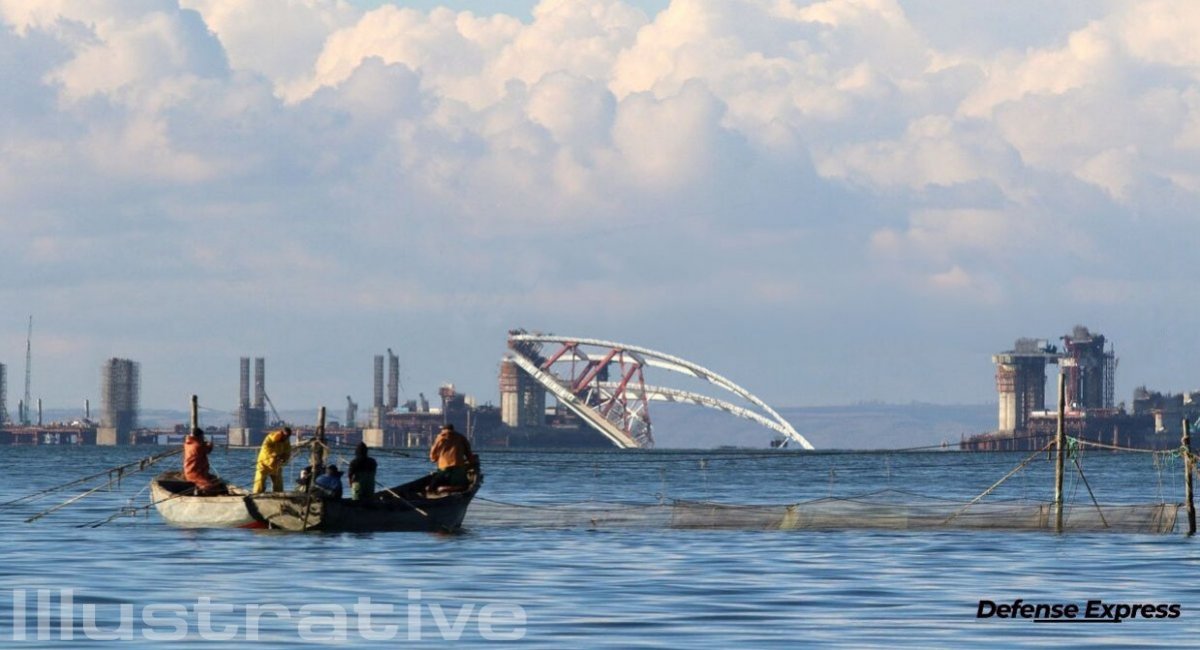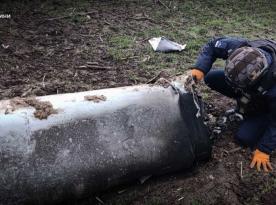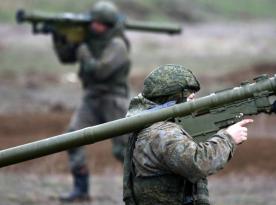Moscow is actively exploring the idea of constructing a tunnel beneath the Kerch Strait as an alternative to the Crimean Bridge, which is systematically targeted by the Ukrainian Defense Forces.
However, currently, russia only can finance this project but not implement it technologically, so the primary strategy in consideration involves seeking assistance from Chinese companies. This information comes from a Washington Post article based on leaked documents from russian officials and a few independent sources.
Read more: Raids by Atesh Agents Continue and Spread Panic in Ranks of russian Command
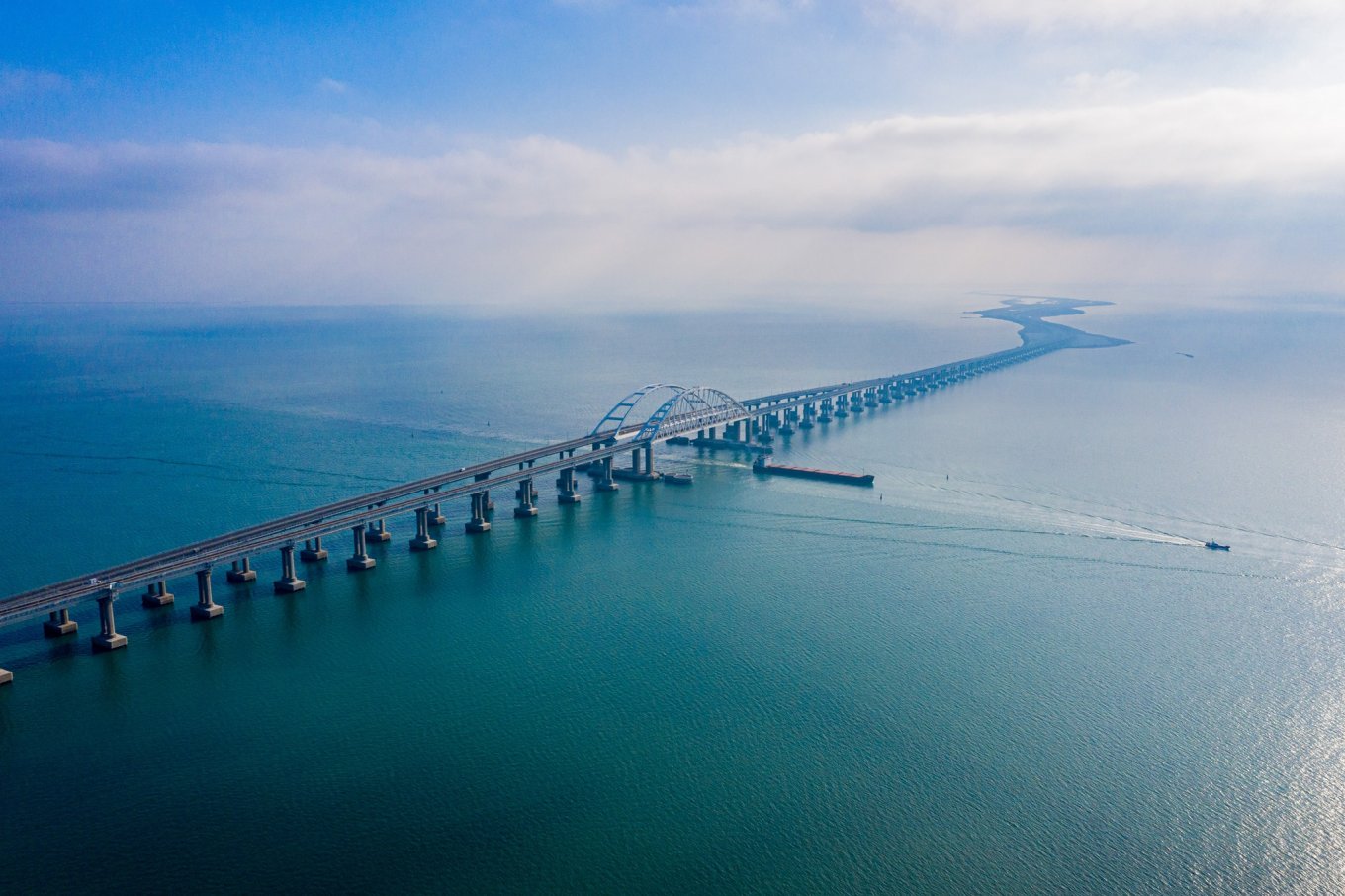
The significance lies not only in the project plans but in the underlying uncertainty: the Kremlin is unsure the Crimean Bridge will last long. If there was confidence in the bridge's reliability even after Ukrainian repeated attempts to damage it, any alternative wouldn't be considered at all.
And the reason is simple: it takes a lot of money. The projected cost for the underground tunnel is already estimated at $5 billion.
Although a different undersea tunnel project, similar in terms of difficulty — the Fehmarn Belt between Denmark and Germany — has a budget of $8.7 billion. With the financial aspect approved in 2015, the ground for the Fehmarn Belt tunnel was broken in 2021, now scheduled to be completed by 2029.
That is not to mention that russia had previously spent $3.6 to $5 billion (depending on the source) on the Crimean Bridge which was hailed as the "construction of the century" back in the day.
Therefore, the plan to connect Crimea to russia via a tunnel aims for a long-term perspective. This suggests either of two things: a) Moscow anticipates the war lasting for years, or b) at this point, the damage to the bridge is already beyond repairable — or the Kremlin anticipates more attacks rendering it inoperable relatively soon.
And here's an interesting nuance. Considering they're ready to spend an even greater sum of money to start building a tunnel, especially in wartime conditions when a single accurate Ukrainian strike may undermine it any moment, shed light on how Moscow sees the outcome of this war. Particularly, the territories it is hoping to keep under control.
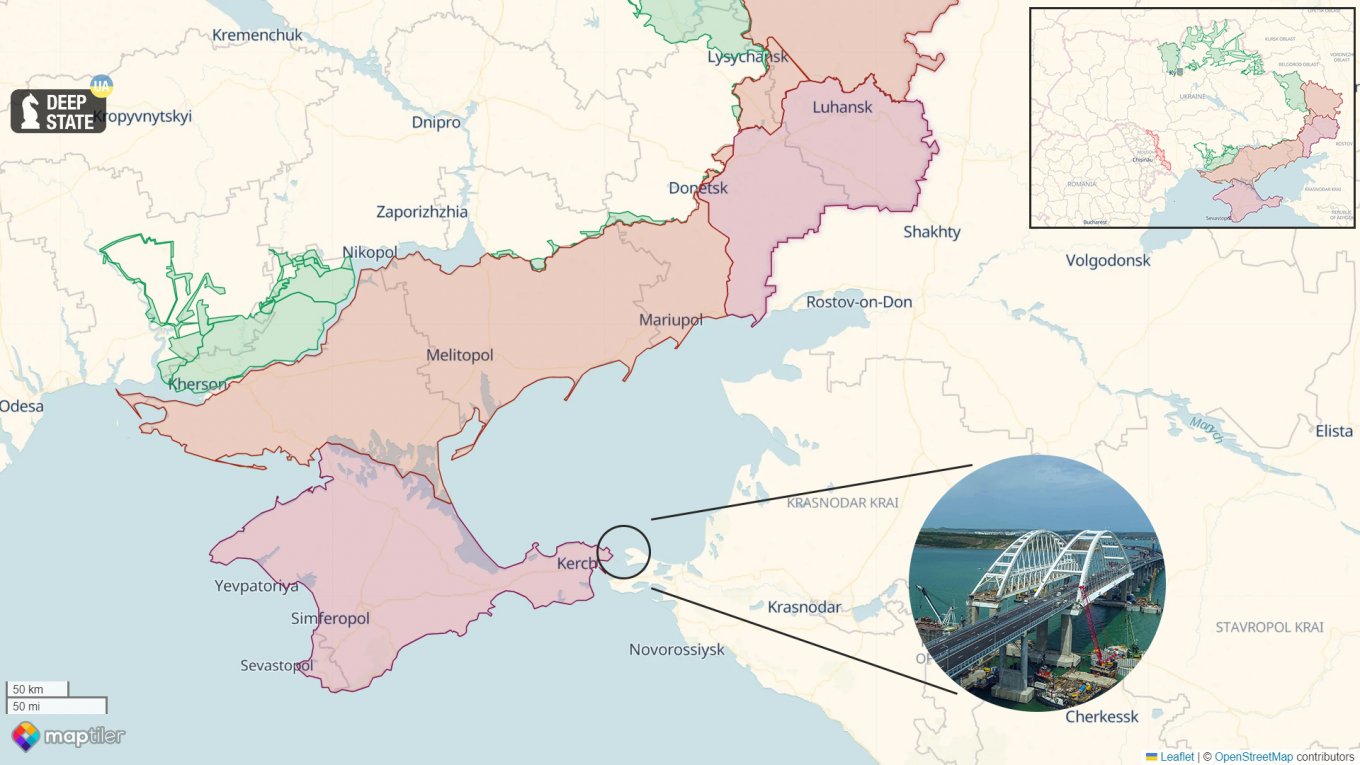
The tunnel will be ready no sooner than the war ends, once again, due to the threat of Ukrainian countermeasures. While it means the Kremlin believes it will still have control of the occupied Crimea by that time, they seemingly came to terms with the prospect of losing the south of Ukraine.
Defined as one of the primary objectives of its invasion, the land corridor between russia and Crimea laid through the Ukrainian south might eventually be cut due to the Ukrainian counteroffensive effort. Otherwise, there's no logic in spending exorbitant funds for an alternative route, all the more so during the turbulent transition to a wartime economy.
Furthermore, the tunnel construction heavily depends on collaboration with China, specifically the state-owned China Railway Construction Corporation (CRCC).
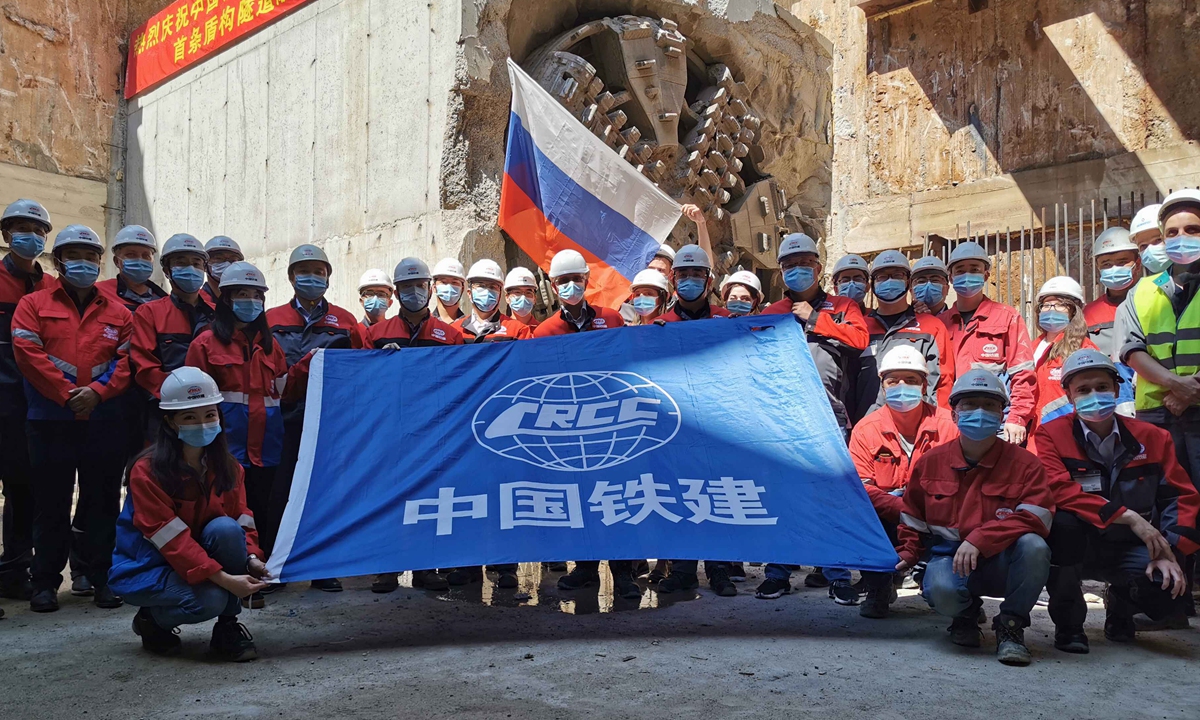
By the way, this is not the first cooperation between russia and this company, one of the biggest contractors in China: it was responsible for building the subway in Moscow and is currently finishing one of the M12 Moscow–Kazan highway segments.
While CRCC is willing to participate, it will only agree to do so strictly confidentially and disguised as some other company. The reason is that Beijing officially does not recognize the russian annexation of Crimea.
However, now the confidentiality condition has already been breached, potentially complicating the ongoing negotiations.
Read more: The UK Defense Intelligence Evaluated russia’s Ability to Defend the Crimean Bridge




